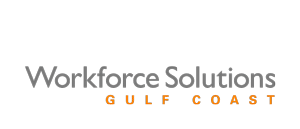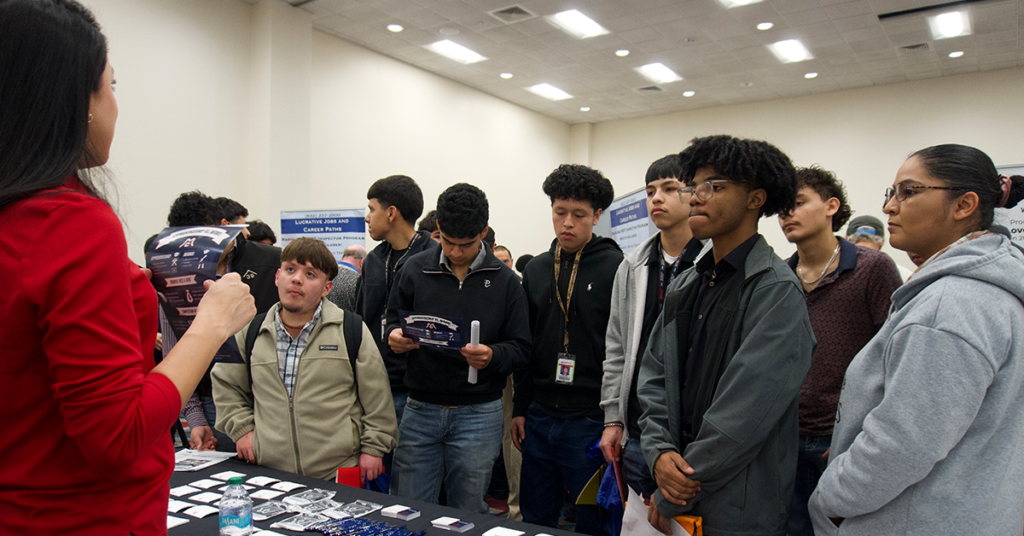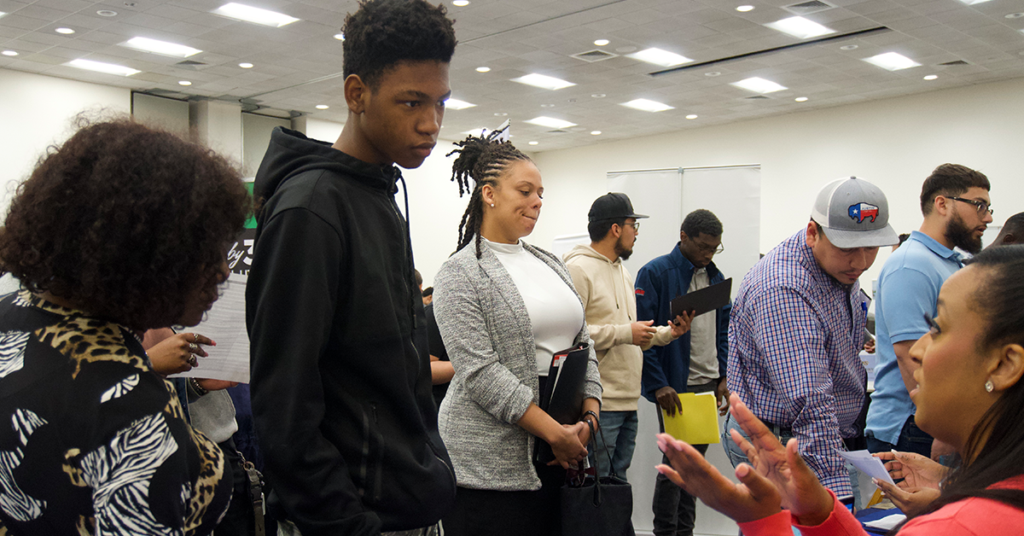Have you ever heard of Artificial Intelligence, or AI for short? It’s a type of smart technology that helps computers think and make decisions like humans. And guess what? It’s now helping companies find the best people for jobs.
When a company wants to hire someone, they usually get a lot of applications. It takes a long time for someone to read through all of them. That’s where AI comes in! AI can quickly look through hundreds of resumes and figure out who might be the best fit.
How Does It Work?
Smart Resume Reading: Instead of a person reading every resume one by one, AI can look through them fast to find the ones with the right words and skills. That’s why it’s really important to use the same words you see in the job post. But don’t let a robot write everything for you—companies can often tell, and they might not like it. Write your resume and cover letter yourself, then use AI to help you fix small things or make it sound clearer.
Candidate Matching: AI can look at what someone has done, like their past jobs or skills, and compare it to what a job is asking for. It’s kind of like a job version of a dating app.
Looking Into the Future: Some AI tools try to guess who might be great at a job by looking at who did well in similar jobs before.
Scheduling Help: Planning interviews with lots of people can be tricky. AI helps by finding times that work for everyone.
Being Fair: People can sometimes make choices without realizing they’re being unfair. AI can help by focusing only on skills, not on things like your age, background, or where you’re from.
But it’s important to know that AI isn’t perfect. Some hiring tools have been criticized for being biased against certain groups. For example, in a 2023 class action lawsuit called Mobley v. Workday, a Black job applicant alleged that the company’s AI-powered hiring software unfairly screened out candidates based on race, age, and disability status. The court allowed the case to move forward, marking a significant moment in how AI discrimination is being handled under federal law. The lawsuit claims that Workday’s algorithms disproportionately rejected applicants who were over 40, Black, or had a disability, even when they were otherwise qualified.
These cases remind us that while AI can be helpful, it still needs to be used carefully and responsibly.
That’s why many companies and researchers recommend best practices to reduce bias. These include doing regular audits of AI systems, using diverse training data, and keeping humans involved in important hiring decisions. AI should be a tool that supports fairness—not a system that replaces thoughtful human judgment.
AI isn’t just good for companies—it helps people looking for jobs, too. For example, smart chatbots (which are like talking robots) can answer questions, help fill out applications, and even set up interviews right away. It’s like having a friendly robot assistant at your fingertips. Even at job fairs, where people meet in person, AI can still help. Some companies use QR codes that let you scan with your phone and apply using AI tools. No messy paperwork needed.
Now, a newer kind of AI called a conversational interviewer is changing how companies evaluate candidates. Instead of just scanning resumes, it interacts with applicants in real-time to assess both technical and soft skills. This helps employers focus on what someone can actually do—not just what’s written on paper. A 2025 report from the World Economic Forum highlights how this approach reduces bias and leads to more consistent, higher-quality interviews, especially benefiting younger candidates and those with less traditional experience.
In a field experiment cited in the report, candidates who completed conversational AI interviews were almost twice as likely to succeed in later human interviews compared to those who came through standard resume screenings. The AI-led process also cut costs by over 87.64%, thanks to faster screening and more focused interviewing. Recruiters could then spend their time with candidates who had already demonstrated real potential.
Rather than replacing human decision-makers, AI tools like this support them—handling the initial screening and helping uncover great candidates who might otherwise be overlooked. As the World Economic Forum notes, the future of hiring lies in human–AI collaboration: using technology to make the process more efficient, more inclusive, and ultimately more fair.




